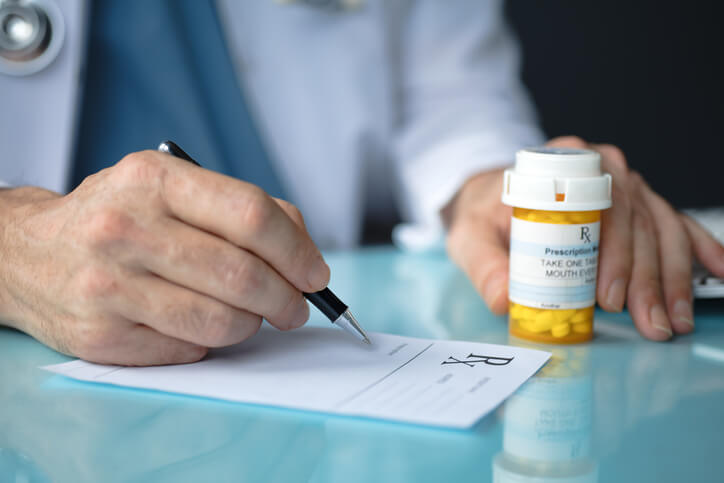Take Medication Safely and Effectively
Introduction
In today’s fast-paced world, taking medication has become a routine part of many people’s lives. Whether it’s for a chronic condition or a temporary ailment, knowing how to take medication safely and effectively is crucial. This guide will provide you with practical tips and insights to ensure you get the most out of your prescribed treatments.
Understanding Your Medication
1. Read the Label
Before you even open the bottle, carefully read the label. Pay attention to dosage instructions, frequency, and any special considerations like taking with food or on an empty stomach.
2. Know the Purpose
Understanding why you’re taking a particular medication is essential. Is it to relieve pain, manage a chronic condition, or fight an infection? Knowing the purpose helps you stay committed to your treatment plan.
3. Be Aware of Side Effects
Familiarize yourself with potential side effects. While most medications are beneficial, some may have unwanted effects. Knowing what to expect prepares you to manage them effectively.
Administering Medication
4. Use the Right Tools
Ensure you have the appropriate tools, such as a measuring spoon or syringe, to administer liquid medications. Using the right tools helps you get the accurate dosage.
5. Follow Proper Techniques
If you’re taking tablets or capsules, swallow them with a full glass of water. Avoid cutting or crushing unless directed by your healthcare provider.
6. Timing is Key
Adhere to the recommended schedule. Set alarms or reminders if needed. Consistency is vital for the medication to work optimally.
Interactions and Precautions
7. Avoid Interactions
Some medications can interact negatively with others or with certain foods. Consult your healthcare provider or pharmacist about potential interactions.
8. Be Mindful of Alcohol and Grapefruit
Alcohol and grapefruit can interfere with the effectiveness of certain medications. It’s best to abstain or seek guidance from your healthcare provider.
9. Store Medication Properly
Keep medications in their original containers, away from direct sunlight or moisture. Store them out of reach of children and pets.
Communication with Healthcare Providers
10. Ask Questions
Don’t hesitate to ask your healthcare provider or pharmacist any questions you have about your medication. They are there to help you understand and feel comfortable with your treatment plan.
11. Report Any Issues
If you experience unexpected side effects or the medication doesn’t seem to be working, contact your healthcare provider promptly. They can make necessary adjustments.
Monitoring Your Progress
12. Keep a Medication Journal
A journal helps you track your doses, any side effects, and how you feel overall. This information can be invaluable during follow-up appointments.
13. Attend Follow-up Appointments
Regular check-ins with your healthcare provider are essential. They allow for adjustments to be made based on your progress and any changes in your health.
Conclusion
Taking medication safely and effectively is a crucial aspect of maintaining your health and well-being. By understanding your medication, following proper administration techniques, being aware of interactions, and maintaining open communication with your healthcare provider, you can optimize the benefits of your treatment.
FAQs
1. Can I crush my medication if it’s difficult to swallow? It’s best to consult your healthcare provider before altering the form of your medication. Some medications should not be crushed.
2. What should I do if I miss a dose? Contact your healthcare provider or pharmacist for guidance. They can advise on the best course of action based on the specific medication.
3. Can I take my medication with other supplements or vitamins? Certain supplements and vitamins can interact with medications. It’s recommended to consult your healthcare provider before combining them.
4. How should I handle travel with my medication? Always carry your medication in your carry-on luggage. It’s also a good idea to have a copy of your prescription with you.
5. What should I do if I experience severe side effects? Seek immediate medical attention. If it’s an emergency, call your local emergency number or go to the nearest hospital.
